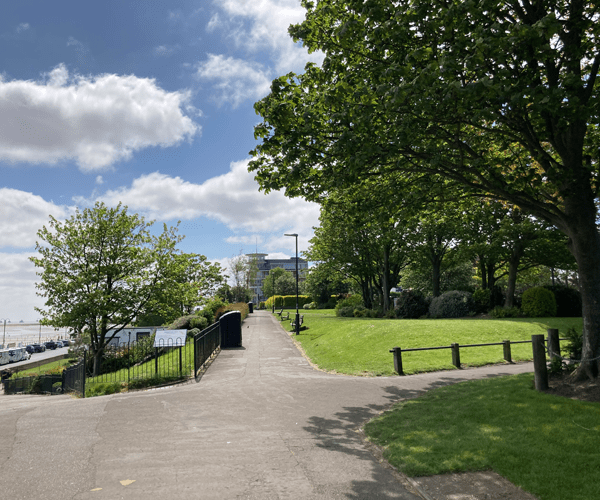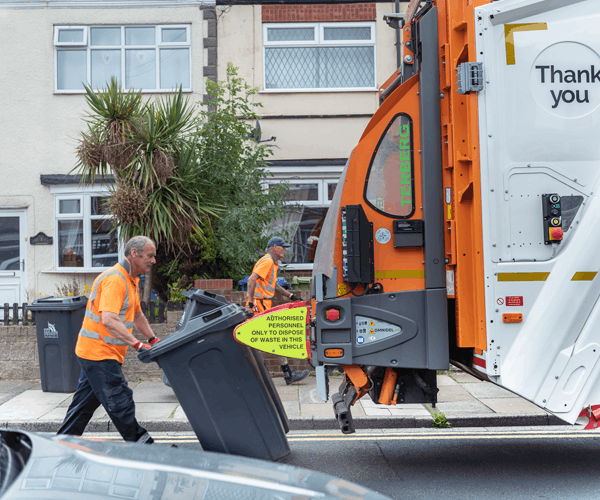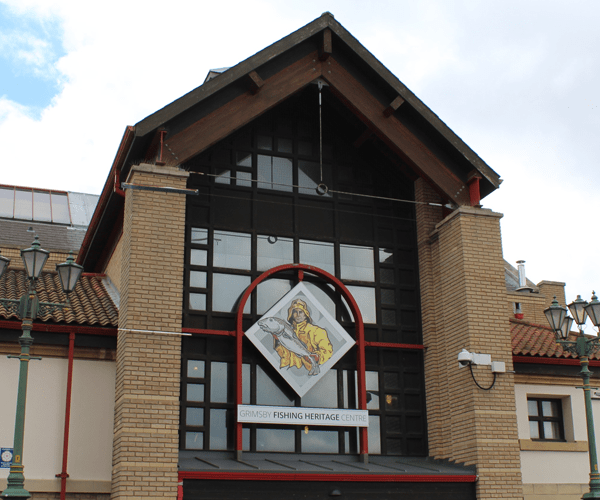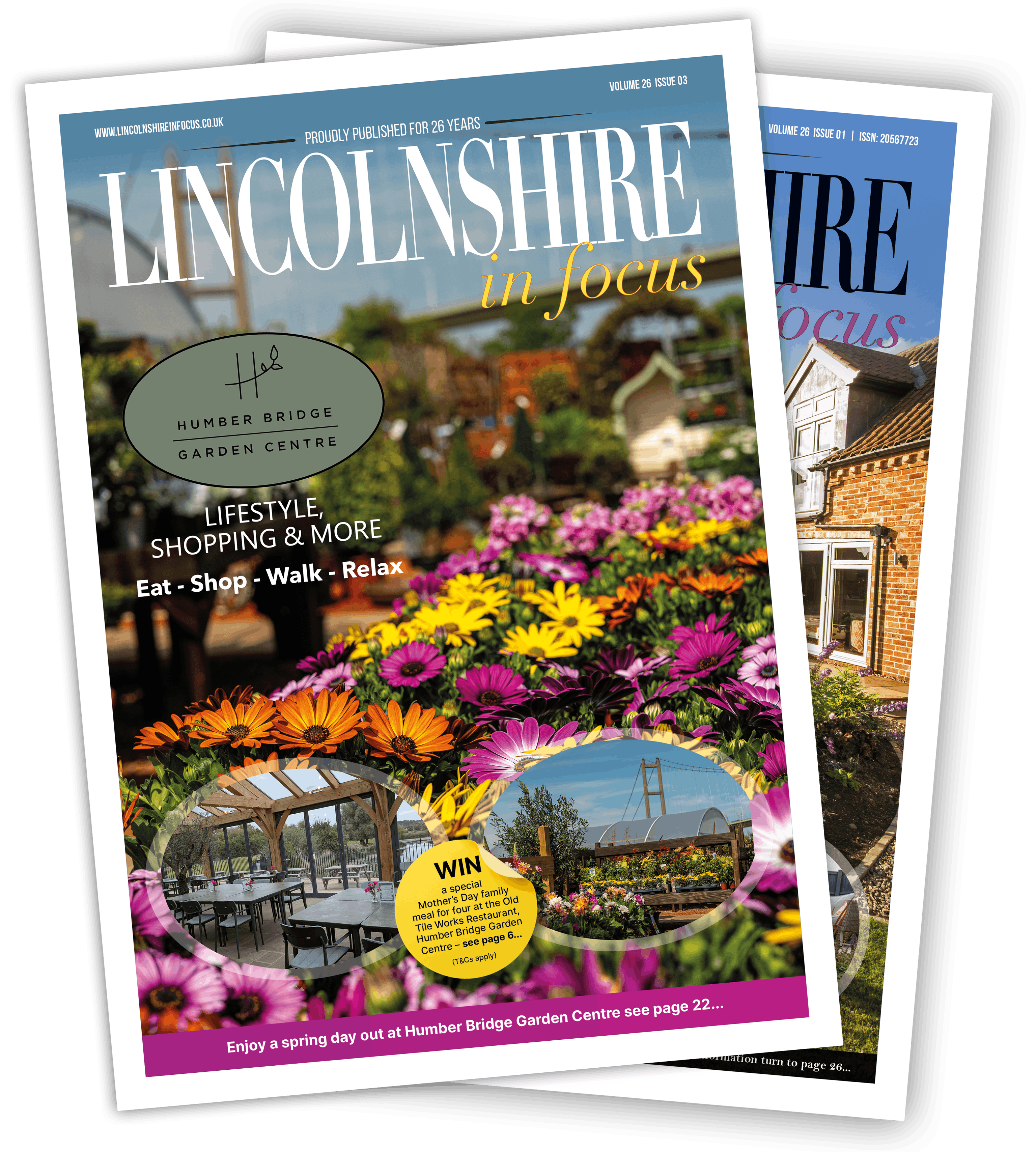Stuart
11/27/2023 12:15:17 PM
3 mins read

Julie Pilsworth is registered blind after she was diagnosed with glaucoma, and, due to a catalogue of health problems, the 45-year-old also uses a mobility chair. In addition to this, she is the main carer for her 25-year-old son, who is also disabled.
-
Mobility chair user Julie Pilsworth, from Grimsby, began to lose her sight at 21
-
The 45-year-old is a carer for her disabled son and has her own complex health issues
-
Pavement parking is a daily nuisance to Julie & is made even harder by her mobility chair
-
She is forced to find drop curbs - also often blocked by vehicles - to avoid tipping off the pavement, and travel in the road which is dangerous for her and guide dog Maeve
-
Julie suffers frequent abuse from pavement parkers when she comes into difficulty
-
She is determined to campaign to change the law for her and others’ safety
Julie Pilsworth is registered blind after she was diagnosed with glaucoma, and, due to a catalogue of health problems, the 45-year-old also uses a mobility chair. In addition to this, she is the main carer for her 25-year-old son, who is also disabled.
Maeve, Julie’s guide dog for four years, helps Julie, from Grimsby, navigate while she’s out and about in her mobility chair, allowing her to independently visit places like the doctors, the shops or the chemist for her 25-year-old son’s Ash medication.
But pavement parking is a daily battle for Julie. When drivers park across the pavement, she often cannot fit her mobility chair though the gap left between the parked car and the wall. Maeve is also specially trained to stop if she does not believe the chair can fit through the space. One occasion, when Julie tried to squeeze past using her white cane, prior to working with Maeve, she knocked her head on an outstanding wing mirror, leaving her with a huge lump.
An added layer of difficulty is when cars park across drop curbs, where the pavement dips to meet the road. These are the only way Julie, as a mobility chair user, can safely leave the pavement, or risk tipping herself out of the chair by falling off the raised lip.
She says: “I am not able to step into the road like other guide dog owners. It would be too dangerous because the chair would tip. I have to turn back and find a drop kerb to get into the road, but then there’s the additional challenge of finding a drop kerb to get back up on the pavement once I have got around the pavement parking.
“Sometimes I have to turn back and go twenty minutes the other way before I find somewhere suitable to exit the pavement. Due to my health problems, it is a really big issue if I’m struggling for time as I have conditions like bladder incontinence.”
The difficulties pavement parking poses to Julie takes her back to a time before Maeve and the difficulties she faced without Maeve assistance. “I felt like my life was nearly over because getting out and about was so difficult,” she says. “I used to drive and then my sight deteriorated so I had to stop, which was really upsetting. I got really down, and because getting out and about was becoming increasingly difficult, I felt like my life was nearly over. One day I just found it in me to think’ ‘I’ve got to find a way round this’.”
But since Julie was partnered with Maeve, life has totally changed. Julie says: “The independence and confidence I’ve gained since having Maeve is huge. But pavement parking takes me right back - I just feel like giving up.”
The inconsideration of pavement parkers can also sometimes spill over into the streets. She says: “I’ve experienced verbal abuse a number of times for simply telling a driver I cannot get past and asking them to move off the pavement. I’ve been brought to tears by some of the abuse I have experienced. I was so scared because obviously I couldn’t see enough to know what was going on. And when you can’t see what’s going on around you, it is really frightening. You don’t know if they’re going to attack you.”
“One person I spoke to ended up driving off at such speed in such an aggressive way that he almost hit an elderly man and a woman with a pram a few metres down the road…I was so scared.”
For Julie, experiencing pavement parking is dehumanising and is exacerbated by the lack of community awareness. She says: “sometimes you think what’s the point in even bothering to ask for help, you feel like a nuisance. You don’t expect to be shouted at by people just because you’ve politely asked them if they can move their vehicles so you can get past. I should have the right to use the pavement like anyone else.”
Julie wants more to be done and works hard to raise awareness of the issue, including launching her own Facebook page to educate others on the barriers pavement parking causes for partially sighted people and mobility chair users such as herself.
She says: “The problem doesn’t just stop with pavement parking. When you are in the road it doesn’t seem like people slow down when going past - they are too busy with their own journeys. It’s terrifying being in the road with oncoming traffic, and I always say it’s only a matter of time before someone is seriously injured.”
She adds: “Every day is a struggle as it is, just getting by, but then when you’re faced with pavement parkers that are extremely abusive and are shouting at you… I would say it’s existing, really, rather than living.”
Julie is pushing for the government to change the laws around pavement parking and is also pushing for wider community awareness of the issue. She says: “Pavement parking is so selfish, inconsiderate and dangerous. The government can do more, but it’s just not happening. It should not have to take so many incidents for people to realise how bad an issue this is.”
Sign the petition launched by Julie here: petition.parliament.uk/petitions/642947




